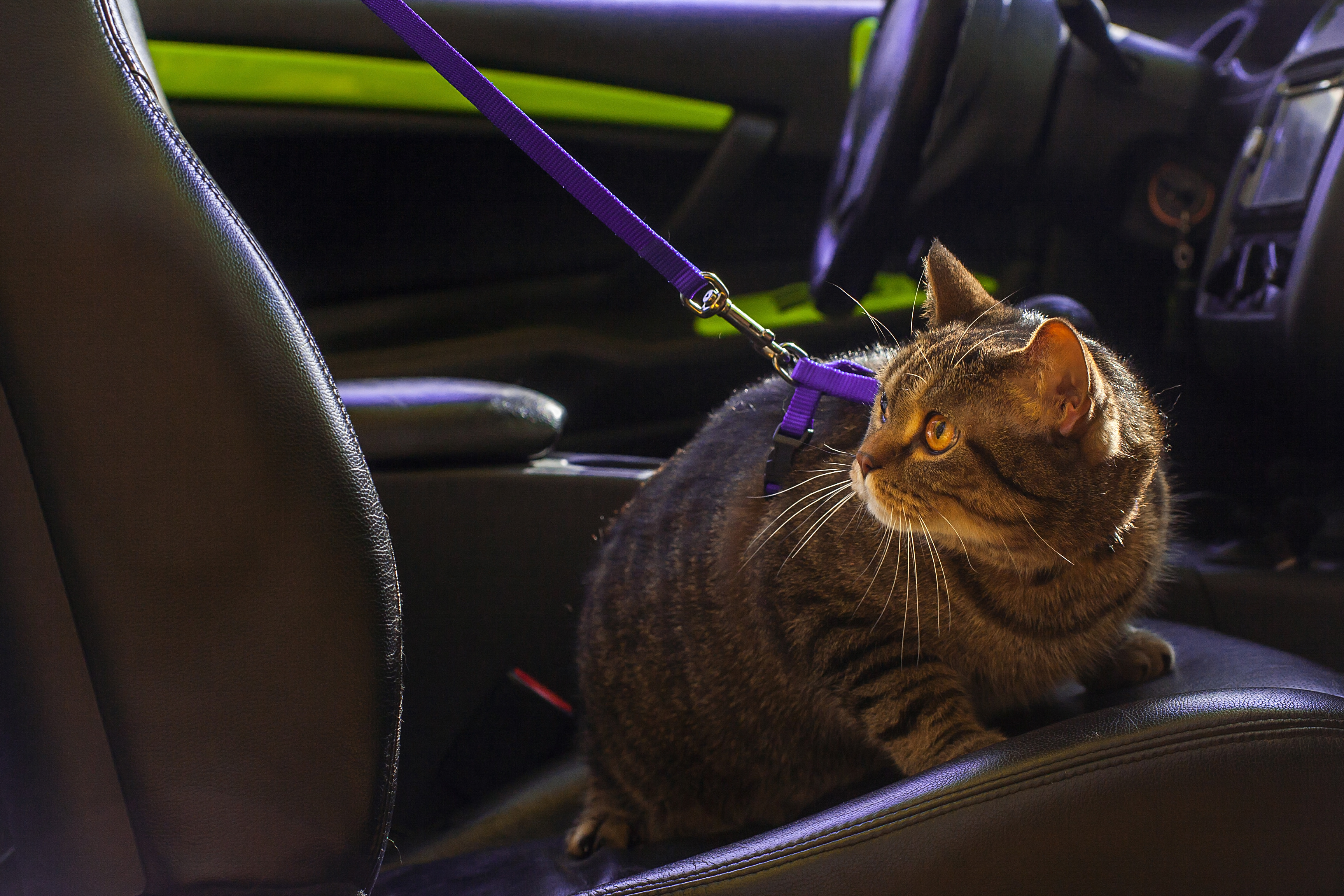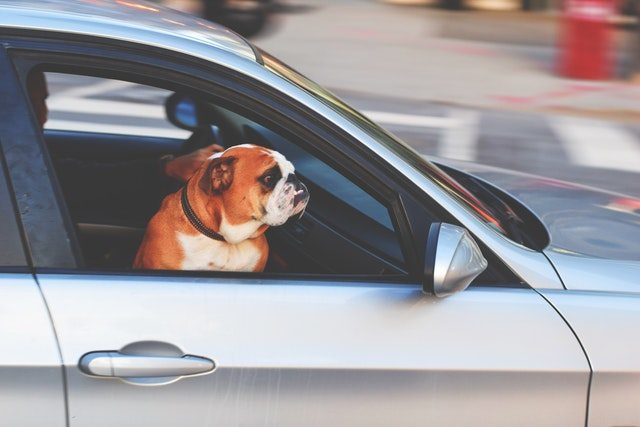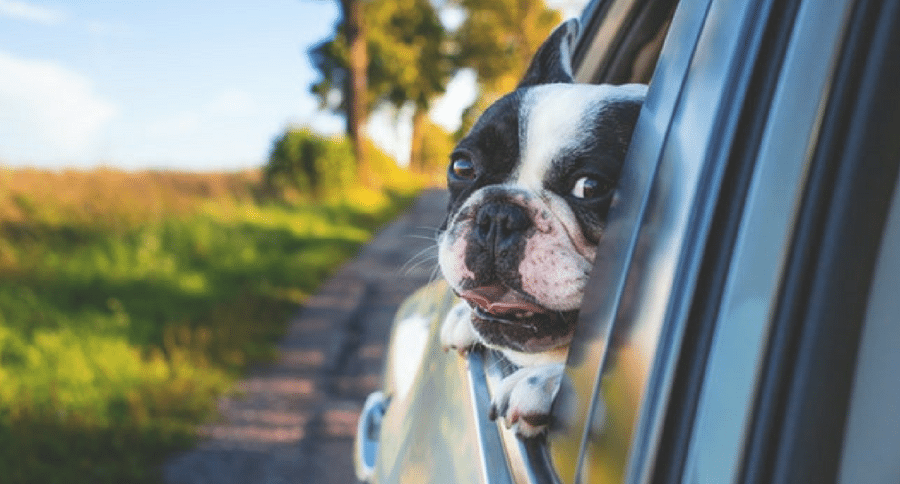Most dogs and even some cats love car rides, but this doesn't mean they're immune to car sickness. If you've ever been riding in a vehicle and felt nauseated after some time, you know how unpleasant it can be when you're feeling car sick. Car sickness, or motion sickness, can ruin a trip for anyone. Humans aren't the only ones who can get a wave of nausea riding in the back seat of a moving vehicle. It turns out cats and dogs can get a case of car sickness, too.
Of course, your pets will need to get used to car travel, at least occasionally. They need to go to the vet, and dogs may love heading out on a road trip, going to the beach, or just going for a long drive. If your pet does get car sick, there are some ways you may be able to help him.
Recognizing Car Sickness
Your pet can't verbally tell you if he's feeling lousy, so you'll need to learn to recognize symptoms of motion sickness that indicate your pet isn't feeling well. Symptoms of car sickness include:
- Excess vocalization (meowing/yowling/whining)
- Excessive drooling
- Lethargy
- Pacing
- Vomiting

Anxious Pets and Car Sickness
Sometimes anxiety is enough to cause car sickness, which means pets who don't enjoy car rides could be more susceptible. Pets who don't ride in cars often will likely associate the car with a trip to the vet. If they're wary of the vet's office, they might be wary of a car ride.
For pets with car anxiety, short trips around the neighborhood or to the dog park—or even to the bank drive-through to get some rewarding doggy treats—can help ease the stress and there will be positive association attached to whenever you get your car keys.
Conversely, they might also get anxiety about hopping in the family van because they do get car sickness. They remember the discomfort and it makes them not want to get in the car. Anxious pets who have to go for a spin should probably skip the meal before car trips to prevent vomiting. A 12-hour fast is recommended.
How to Prevent Motion Sickness in Pets
Crates and carriers can also keep the pet contained, which can offer some reassurance, especially if the pet has favorite toys and blankets to cuddle up with.
Dogs who can't fit in a carrier and are prone to car sickness might do well with a dog seat belt. Many canines have a tendency to stick their head out the car windows to get fresh air, but looking forward rather than looking out at fast-moving objects is one of the best ways to prevent motion sickness. A seat belt or even a dog car seat for small dogs help to encourage a forward gaze. Having more than one window down in the car also helps airflow and to balance the air pressure inside and outside the car.
Speaking to your pet throughout the trip and also playing soothing music are two other good ways to prevent travel sickness. There are also motion sickness medications and prescription medications on the market, but make sure you talk to your vet before giving them to your pet to give the correct dosage and find the right brand.

While puppies and young dogs are more prone to experience motion sickness, adult dogs suffer from it too and it can even affect cats if they are your copilot. Puppies can get sick easier than dogs because the vestibular system in their ears hasn't fully developed, which affects their balance. Some dogs grow out of motion sickness once their ear structures develop.
If you follow these steps, it's sure to make pet travel more convenient and comfortable!
Does your pet get car sick? Share your tips for car sickness prevention in the comments below.
WATCH NOW: Taking a Road Trip with Your Dog




